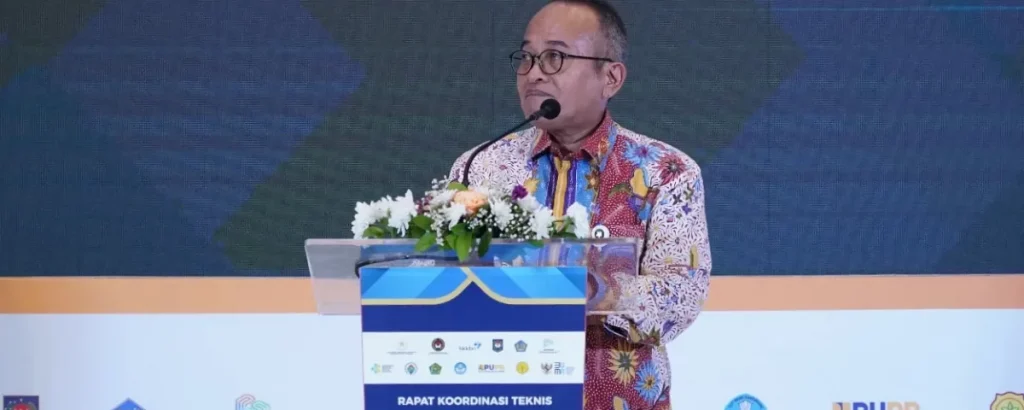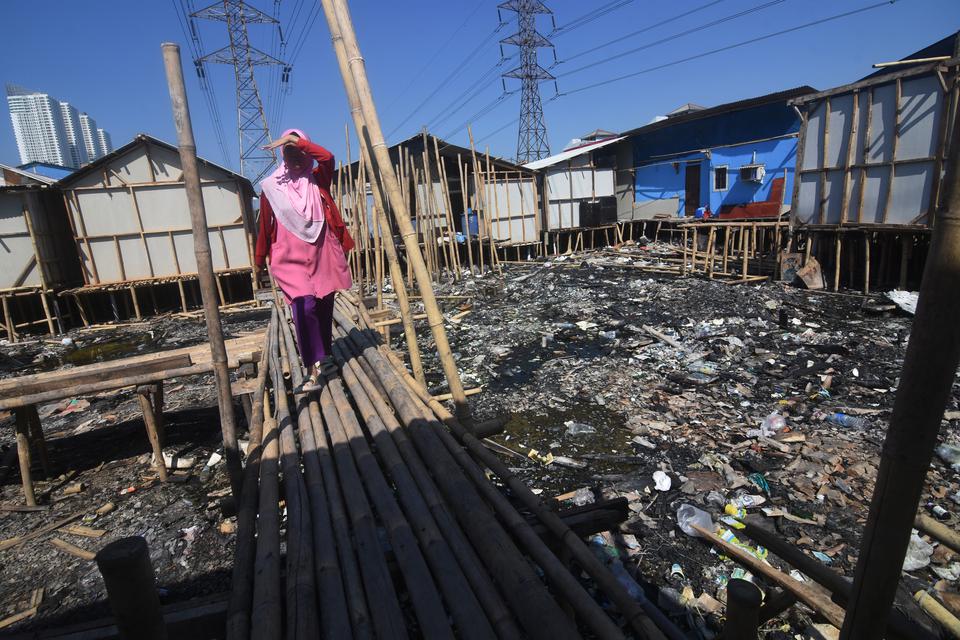Jakarta, CNN Indonesia — Level poverty Last year, Indonesia was considered to have continued to improve in terms of quality of life. This is the conclusion of a survey by the Association's research institute Prakarsa which refers to Social Survey data Finance National (Susenas) period 2015-2018.
In contrast to poverty data from the Central Statistics Agency (BPS) which emphasizes the level of public expenditure, the survey conducted by this institution focuses on three indicators of quality of life, namely health, education, and living standards. Therefore, this calculation actually measures multidimensional poverty.
Association Researcher Prakarsa Muto Sagala said that the BPS poverty data which only emphasizes the level of public spending does not reflect the actual reality. Meanwhile, BPS uses a poverty line system with a value of IDR 410.670 per capita per month for the period March to September 2018.
However, sometimes, there are groups of people who are not poor in terms of income, but they have difficulties in several aspects ranging from education, sanitation, proper drinking water, access to electricity, housing conditions, to fuel for cooking. Especially for groups that are slightly above the poverty line.
“So far, the poverty rate is calculated in monetary terms, but this does not reflect the true face of poverty. Therefore, this poverty must be seen in a multidimensional way," said Muto, Thursday (11/4).
From the results of research using these three indicators, Association Prakarsa found that Indonesia's multidimensional poverty rate in 2018 was at 8,17 percent of the population, or around 21,5 million people. This figure decreased compared to last year, namely 24,9 million people, or 9,56 percent of the population.
In fact, this figure is somewhat better than the poverty rate in terms of expenditure calculated by BPS, which is 9,82 percent. Then, the trend of multidimensional poverty also follows the declining trend of BPS poverty, which means that there is an improvement in income and quality of life received by the community.
Muto said that Indonesia has experienced improvements in the level of school sustainability, or more people aged 6 to 18 years are enjoying education. Then, Indonesia also experienced improvements in lighting sources, where more and more people were getting access to electricity from PT PLN (Persero).
From the results of the study, only 11 percent of the poor did not continue their education and 16 percent of the poor did not receive information.
This is also inseparable from government budget policies, such as an increase in the education budget by 7 percent last year and the number of recipients of the Family Hope Program (PKH) as many as 10 million families, an increase from the previous year's 7 million families.
Even so, inadequate access to health makes Indonesian people still feel inadequate in terms of quality of life. It is recorded that 81 percent of the poor cannot get access to proper drinking water, and 83 percent of the poor do not have access to adequate sanitation.
Muto said that Indonesia has experienced improvements in the level of school sustainability, or more people aged 6 to 18 years are enjoying education. Then, Indonesia also experienced improvements in lighting sources, where more and more people were getting access to electricity from PT PLN (Persero).
From the results of the study, only 11 percent of the poor did not continue their education and 16 percent of the poor did not receive information.
This is also inseparable from government budget policies, such as an increase in the education budget by 7 percent last year and the number of recipients of the Family Hope Program (PKH) as many as 10 million families, an increase from the previous year's 7 million families.
Even so, inadequate access to health makes Indonesian people still feel inadequate in terms of quality of life. It is recorded that 81 percent of the poor cannot get access to proper drinking water, and 83 percent of the poor do not have access to adequate sanitation.
Sumber: Indonesian CNN



